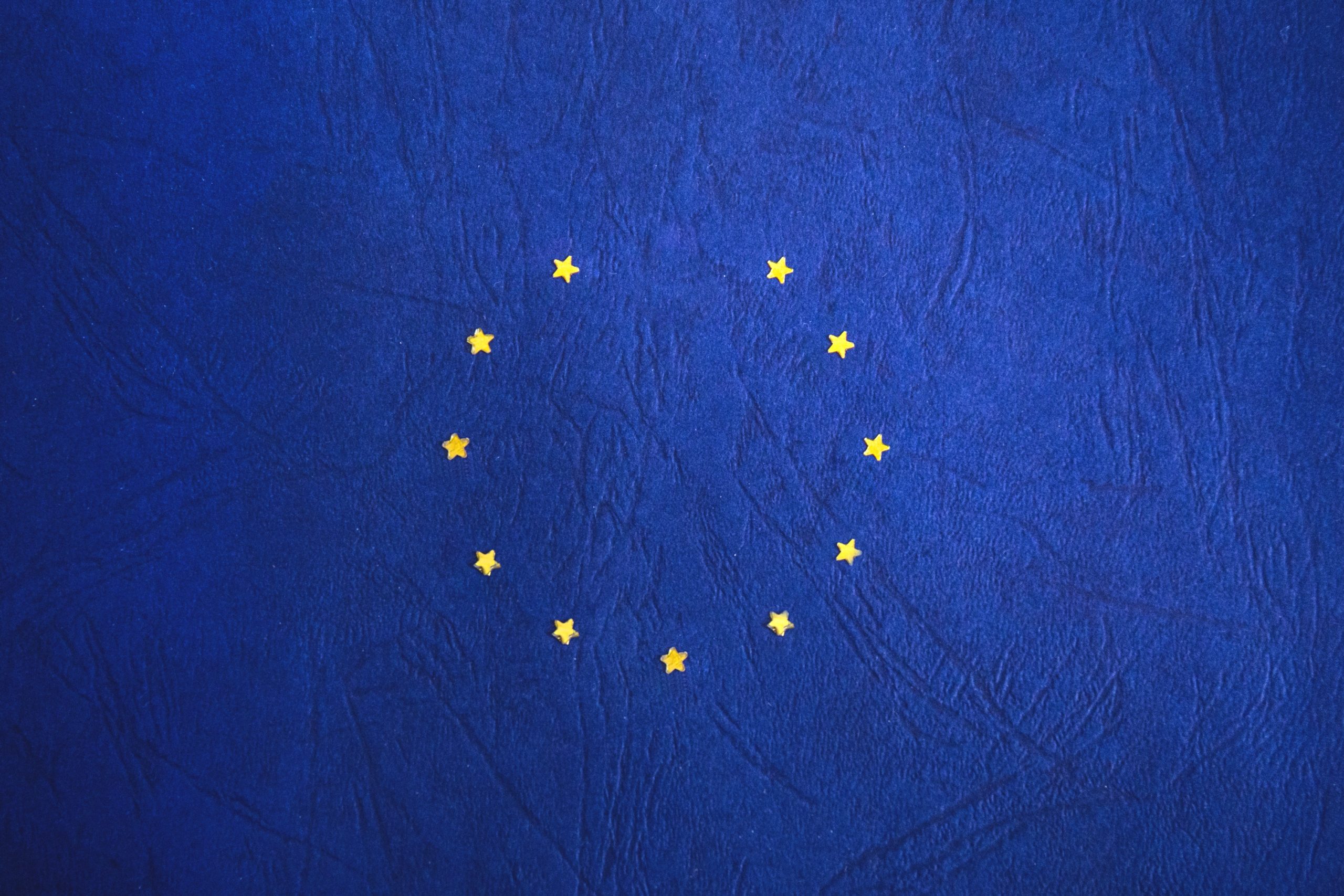I’ve been pondering about the ramifications of the current confrontation of the German Constitutional Court and the European Court of Justice, and it seems to me that this confrontation, much more than Italian misgivings about the lack of Corona-bonds, has the potential to rip apart the European Union. For reference, check this article by Bloomberg News.
Last week, the German Constitutional Court decided, that ECJ’s verdict with respect to the legality of a specific ECB programme for monetary policy, was “ultra vires”, beyond its powers, meaning that the court’s verdict has no biding effect for German institutions.
In turn, the ECJ maintains that it is – and can be – the only institution to give binding interpretations of European law.
The problem is that the hierarchy of norms, and courts, has never been clearly and formally established with respect to European law, but most courts, most of the time, accept the doctrines of supremacy of EU law and its direct effect, developed by the ECJ in decades of case law.
And while it wasn’t too easy doctrinally for the German Constitutional Court, until last Tuesday, the Court usually managed to get around the problem by using one of a couple of legal mechanisms it developed to doctrinally remain in power while practically handing over the reigns to the ECJ in most cases relating to European law. One of the meachnisms has a name that describes how they all work: “as long as” (we deem that the ECJ is upholding constitutional rights of German citizens “on par” with what we would do, we don’t check every ECJ verdict.)
No longer.
I’m sure it was to no small extent the seemingly arrogant way in which the ECJ brushed aside the German Constitutional Court’s concerns with respect to the specific matter at hand that now caused the Constitutional Court to basically do the same – the practical requirements imposed on the Bundesbank, and thus the ECB, to comply with the verdict are, by all means, manageable – and instead declare that the ECJ that its verdict was beyond “as long as”, that is no longer tolerable.
For the Constitutional Court, this will probably feel like restating the legal obvious, although the words spoken by the Court’s President Andreas Voßkuhle prior to the verdict indicate that the Justices were quite aware of the potential political ramifications of their decision.
And the Court’s critics were vocal and numerous. So vocal, in fact, that some Justices reacted to their critics by explaining that this verdict was inevitable (faz.net, in German).
Now it appears the only way for the European Commission to react to the Court’s verdict is to sue Germany for not abiding by the European Contracts (as interpreted by the ECJ), before, well, the ECJ. And it is hard to imagine the ECJ would find a way to abandon its previous doctrinal position with respect to its legal supremacy in European legal matters, which would mean that the ECJ would have to find that the German Constitutional Court’s verdict was in breach of the Treaties of the European Union.
Which, in turn, would probably force the Constitutional Court to find those contracts unconstitutional under the German constitution, whose article 79 III explicitly prohibits such a general, unspecific, transfer of sovereignty.
As Justice Huber explains in the interview above – if the ECJ’s claim that it is the only legally binding interpreter of European law were to prevail in light of the Treaties of the European Union, it would probably mean that Germany, as well as, potentially, other member states would not have been legally able to become a member of the EU on those premises.
In other words, it seems to me that, if forced into that corner, the German constitutional court would have no other way than to rule, very likely against its own politcal inclination, that the European Treaties can, under those circumstances, no longer be applicable under the German constitution. And while I am quite certain that would not be an outcome desired by anyone, it is hard to see a way around this: the Grundgesetz is quite literal in that respect.
Which, again, in turn, would then at least require a treaty renegotiation that would codify the ECJ’s derived competence as arbiter of last resort, or in the German case, likely a new Constitution that would allow for a European institution to be the ultimate arbiter in German Constitutional matters.
While I don’t think anyone would want such a political debate about a new constitution, as its outcome would be by no means certain, with respect to a lot more aspects than merely the question of ECJ supremacy wrt to European law.
However, if the Commission doesn’t back down here in a way that would allow everyone to go back to their doctrincal corner ex ante and pretend that nothing happend, that “as long as” can still work as “don’t ask, don’t tell”,then I currently can only see this turning into a massive constitutional crisis, aka a big motherf***ing cluster**ck for everyone, in the second half of 2020, potentially even pitting the German government against the German Constitutional Court.
I may sound crazy at this point, but maybe the world is no closer to a vaccine for Covid19 than Germany is to a new Constitution.
This post has benefitted from a facebook discussion with some experts who, by and large, did not consider the situation to be as problematic as I think.


